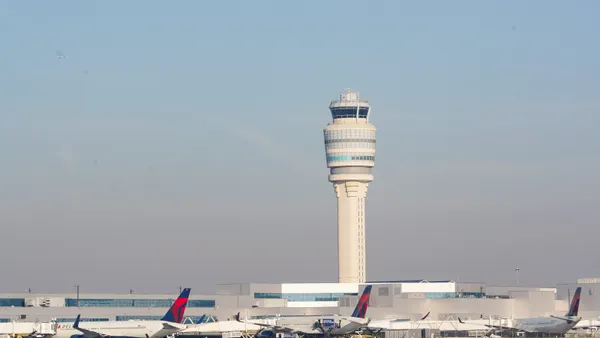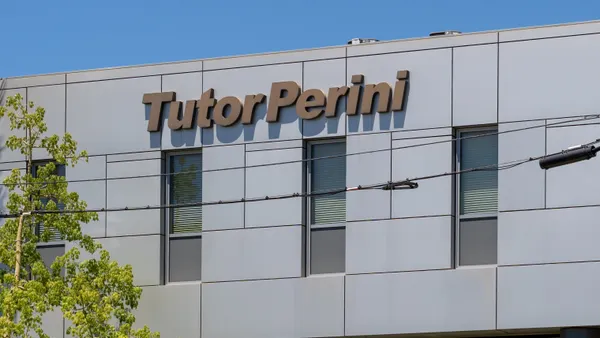Dive Brief:
- The Government Accountability Office (GAO) announced that it would soon begin a study as to why infrastructure projects in the U.S., and in particular in New York City, cost so much more than similar projects elsewhere in the world, according to The New York Times.
- Congress gave the GAO authority to look at the country's infrastructure costs in the $1.3 trillion spending bill lawmakers passed earlier this month. As part of its investigation, the agency will study cost drivers like contracting policies, station design and regulatory barriers in other countries and compare them with those in the U.S. GAO expects to issue a final report around the end of the year.
- The GAO will also focus on the high price of construction in New York City, where some rail projects cost as much as $3.5 billion per track mile versus $1 billion in San Francisco and, on average, less than $500 million in the rest of the world. New York City Metropolitan Transportation Authority officials told The Times that the agency has new leadership, and that it is taking extensive measures to drive down costs on its own.
Dive Insight:
A story in The Times in January showed that New York City's subway construction costs were the highest in the world. The Times article pointed to trade union deals that ended up with the MTA paying for four times as many workers as it needed, construction companies taking advantage of their political connections and bumping up bids by as much as 50%, and consulting firms potentially performing more work than necessary, all with poor oversight from the authority.
One union negotiated a base wage and benefit rate of $111 per hour for East Side Access tunnel workers, and that figure can skyrocket to $400 per hour if the union members work weekends or overtime. This bonanza for a small group of consultants, contractors and laborers has siphoned off funds that could have gone to sorely needed maintenance for the city's subway system, the newspaper documented.
In August, New York Gov. Andrew Cuomo raised the possibility of a congestion pricing program for the busiest spots in and out of Manhattan in order to help fund critical subway repairs and upgrades. Cuomo said the initiative could raise as much as $1.3 billion annually, but it met with a tepid response from New York City Mayor Bill de Blasio, who expressed doubts that such a plan could survive a Republican-controlled state legislature. In fact, according to The Times, congestion pricing was all but ignored in the latest state budget.












